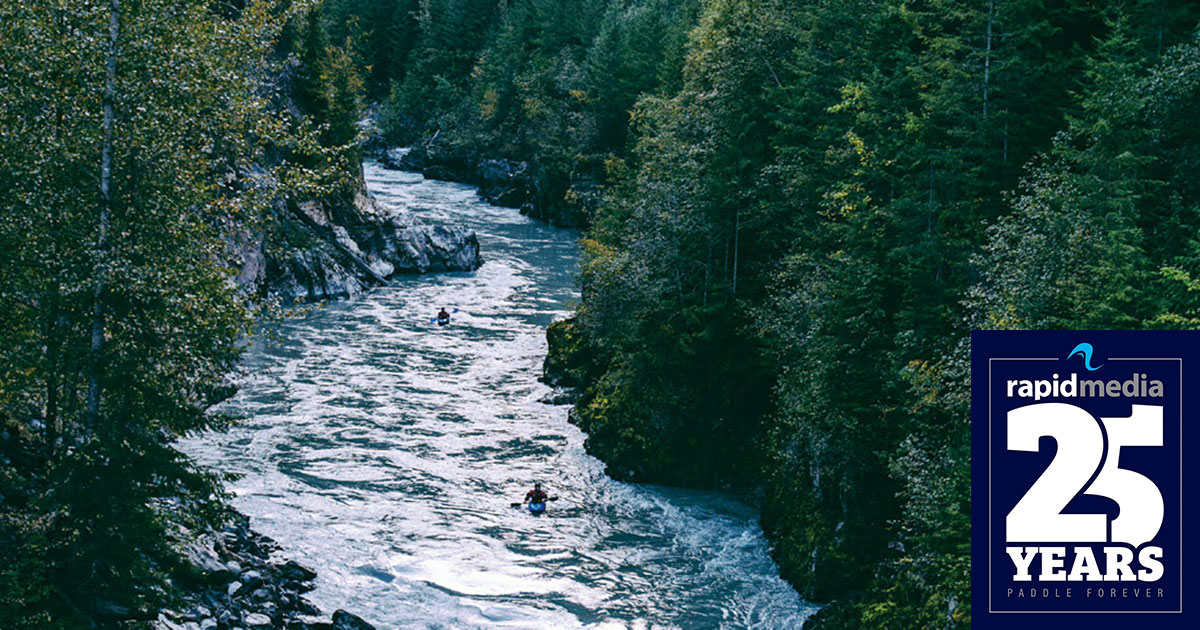"I keep a river log. A record of all the rivers and sections I’ve run. It dates back to 1989 and lists almost 300 rivers."
"It turns out we do almost everything with our memory: it is tied to our emotions, our reactions, our habits and routines and is the key driver in how we make decisions."
"Our experience is really about how many memories we’ve accumulated, not how many we remember."
"The mandate then, is clear: paddle a lot."

 paddlingmag.com
paddlingmag.com
I've never been one for keeping lists or diaries or much memorabilia. I once kept a list of every bar I visited in my wallet, but lost that list in my early 20's and I haven't had a drink in the last 34 years, so I won't lose much sleep over those lost memories.
When I moved east from California I did write down brief notes about each New England whitewater river I paddled in the relevant pages of the AMC's whitewater river guide, and I did a similar thing for Florida day trips over the years in a Florida paddling guide. I now do get pleasure in rereading my notes from those trips and wish I had done more of that.
I'm not sure paddling in general, while mentally pleasurable and having other palpable benefits, helps my clearly failing old-age memory at this stage. But spending time on the web, where I can look stuff up instantly, and returning to the daily New York Times crossword puzzle after a 61 year hiatus do seem to help. Once I remove a memory block for a word or name I used to know intimately, the block seems to be removed for a time . . . as, unfortunately, new ones inexplicably appear.
"It turns out we do almost everything with our memory: it is tied to our emotions, our reactions, our habits and routines and is the key driver in how we make decisions."
"Our experience is really about how many memories we’ve accumulated, not how many we remember."
"The mandate then, is clear: paddle a lot."

Memory Game: The Surprising Reason Why Research Tells Us To Paddle More
We do almost everything with our memory, conscious or not, but can you build up your skills by paddling even when you don’t remember it?
I've never been one for keeping lists or diaries or much memorabilia. I once kept a list of every bar I visited in my wallet, but lost that list in my early 20's and I haven't had a drink in the last 34 years, so I won't lose much sleep over those lost memories.
When I moved east from California I did write down brief notes about each New England whitewater river I paddled in the relevant pages of the AMC's whitewater river guide, and I did a similar thing for Florida day trips over the years in a Florida paddling guide. I now do get pleasure in rereading my notes from those trips and wish I had done more of that.
I'm not sure paddling in general, while mentally pleasurable and having other palpable benefits, helps my clearly failing old-age memory at this stage. But spending time on the web, where I can look stuff up instantly, and returning to the daily New York Times crossword puzzle after a 61 year hiatus do seem to help. Once I remove a memory block for a word or name I used to know intimately, the block seems to be removed for a time . . . as, unfortunately, new ones inexplicably appear.
